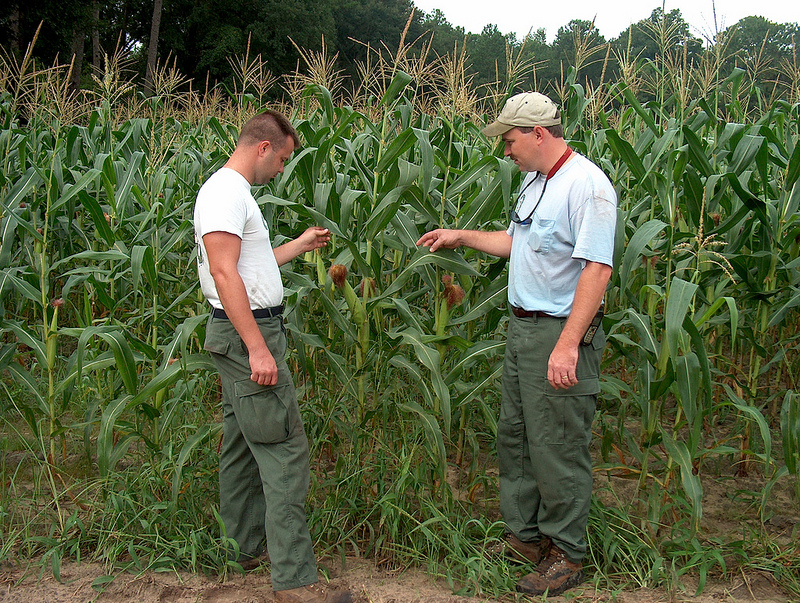A recent article in Science Daily reports of a greater focus on the role of microbiology in agriculture combined with new technologies to help mitigate potential food shortages. Often, when we think about agriculture and its impact on our lives, we look at it from a community perspective and maybe a statewide perspective. However, our society is so tremendously advanced, we have the opportunity to change situations worldwide.
The article, Report proposes microbiology’s grand challenge to help feed the world, shares about how plant-microbe interactions could be employed to boost agricultural productivity in an environmentally and economically responsible way. The article also shares a startling statistic: in order to feed the estimated global population of nine billion by 2050, agriculture yields would have to increase by 70-100%.
So how is this possible?
Looking behind the scenes, the report shares how plants rely on microbial partners to secure nutrients, deter pathogens and resist environmental stress, all of which contribute to the productivity of the plant or crop. The report was written by a team of scientists who met in Washington D.C. for a two-day workshop to work through a series of questions. The next step in this extraordinary process will be to invest further in research and begin testing in a lab environment.
If you are interested in learning more, here is a link to the full report: Report
So what is your take on this new study? Do you think this is necessary? Share your thoughts in the comments below.



